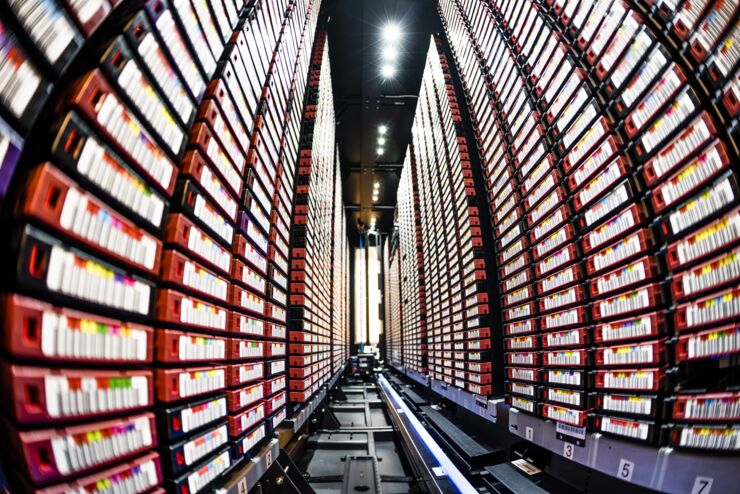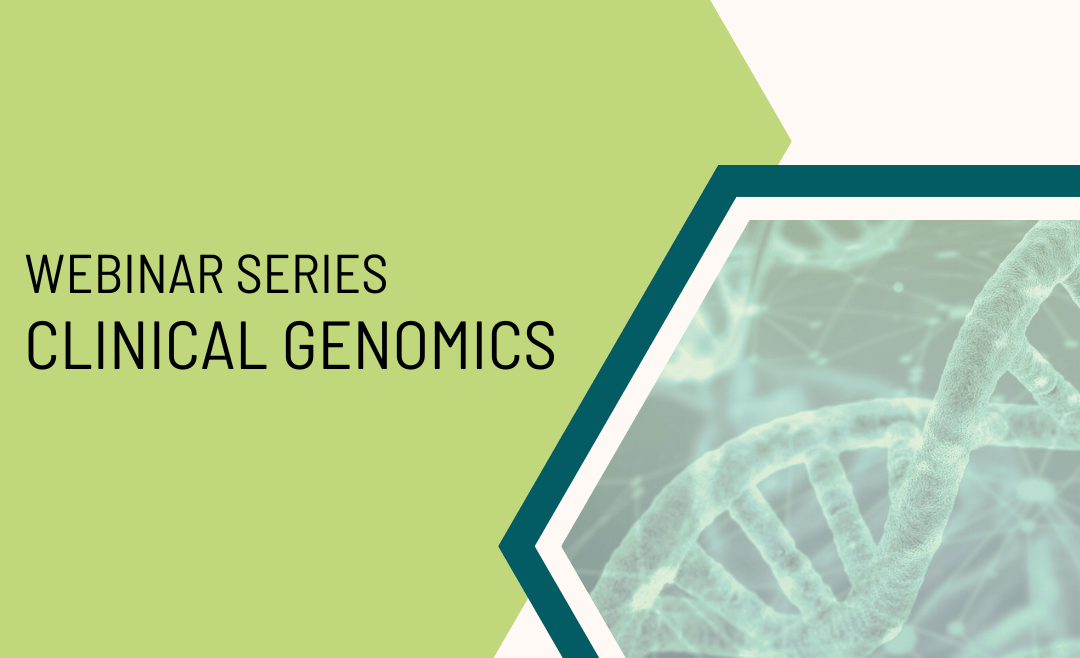SciLifeLab AI Seminar Series: A sneak peek into the future of AI-assisted life science
November 23 @ 10:00 – 11:00 CET
SciLifeLab Data Centre hosts a seminar series on the topic of applied AI in life science research. SciLifeLab AI Seminar Series combines scientific highlights from SciLifeLab-affiliated researchers and invited experts on the general topic of AI applications in Life Science.
The seminar will be held physically at SciLifeLab Gamma 7 lunch room in Solna and online via Zoom. Physical participation is recommended since some AI models are not allowed to be shown via streaming and there will be no recording after the seminar according to the live demonstration policy of OpenAI.
Contact: Prof. Ola Spjuth, AI coordinator, SciLifeLab Data Center.
Speaker: Wei OUYANG
KTH Royal Institute of Technology and Science for Life Laboratory
Abstract
Have you imagined how AI may one day help you with your research by proposing new ideas, running experiments, analyzing data, and even writing manuscripts? While current AI systems are too weak for those tasks, we are closer than ever before!
In June 2020, OpenAI revealed the most advanced AI model in the world, GPT-3. It is the largest natural language processing model ever created with 175 billion parameters, trained on about 45TB of text data, and it cost $12 million for a single training run that may be utilized and reused for many tasks. Not only are these numbers impressive, its “text in, text out” interface can be used as a general purpose tool for almost any language task with impressively good performance. With the newly released Codex model (a descendant of GPT-3), it can even generate source code in popular programming languages by following instructions in natural languages, e.g., English. GPT-3 not only brings us to a new paradigm of AI-assisted coding, but it also has a great potential to address long-standing challenges in deep learning about generalization and interpretability.
We are excited to share with you what we have learned so far about GPT-3 and its applications in life science. In this talk, we will give you an overview and discuss the promises and pitfalls of GPT-3. You will also see live demos in biomedical applications, such as processing genomic sequences, analyzing microscopy images, and creating user-friendly software with graphical user interfaces (GUIs). Hopefully, this session will serve as inspiration for your own research, serve as a basis for discussion about AI in life science, and convey how these tools may accelerate data-driven life science at SciLifeLab.
Biography
Wei OUYANG is a researcher in Prof. Emma Lundberg’s group at the Science for Life Laboratory and KTH Royal Institute of Technology. He has a diverse background across several different fields including material science, computer science and advanced microscopy imaging. In 2018, Dr. Ouyang obtained his PhD in computational image analysis at Institut Pasteur, Paris where he mainly focuses on applying deep learning for super-resolution microscopy. During this period, he developed a deep learning method called ANNA-PALM which massively accelerates super-resolution localization microscopy by 100x. To address the challenges in the dissemination of AI tools, he developed an open-source computational platform, ImJoy, which makes deep learning tools easier to build and more accessible to the user. He is actively involved in consortiums and community activities for promoting more open, scalable, accessible and reproducible scientific tools. Dr Ouyang has been focusing on AI augmented microscopy imaging and data-driven whole cell modeling. More recently, he is excited about the recent progress in the field of AI and has a knee interest in exploring the next generation of data-driven life science powered by AI, robotics, blockchain and decentralized applications.
datacentre@scilifelab.se


